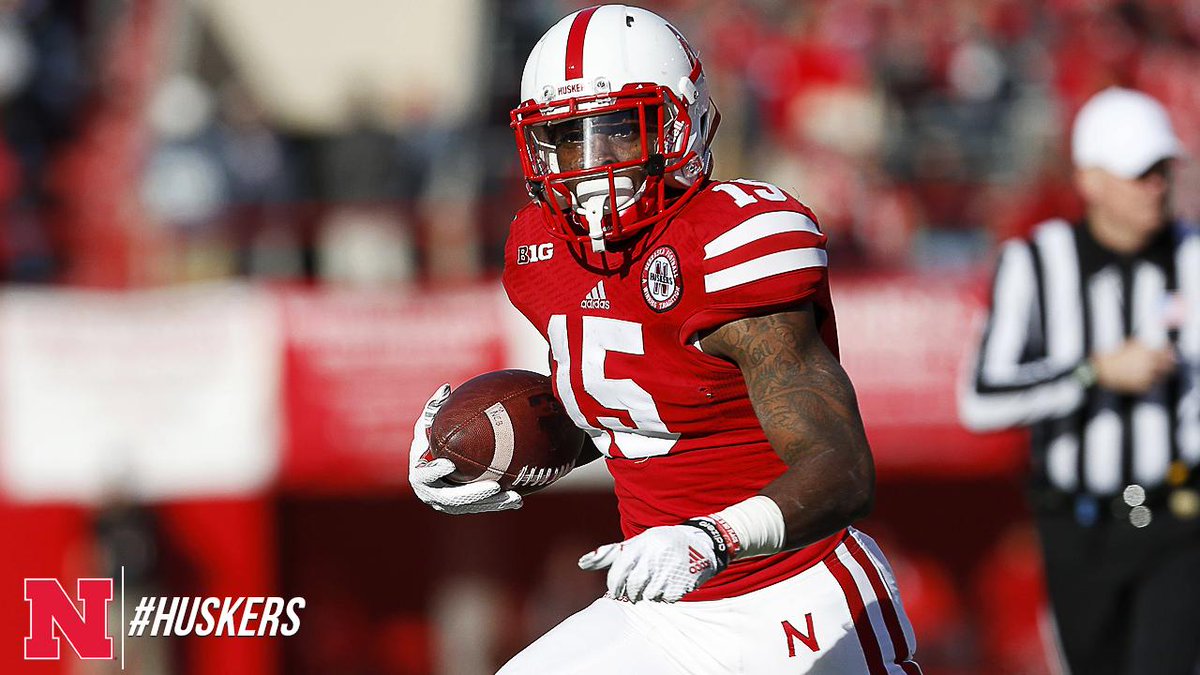And yet Delany is also more responsible than any other college athletics figure of the past 30 years in commercializing those sports. He annexed
Penn State in the early '90s, touching off the first massive TV-driven realignment wave. He started the influential and money-printing Big Ten Network. He touched off Realignment Mania II five years ago when the league began hunting for a 12th member that eventually became
Nebraska, and then he took it to another degree with his conference's East Coast push.
You know what would really help
Rutgers' basketball players focus on academics? Not having to travel to Iowa City in the middle of the week for a conference game, as they did last week.
But Delany is also a well-heeled navigator of the NCAA policy-making maze. He does not launch massive initiatives without a realistic end game. And deep down he surely knows the road he's undertaking will not end with a national vote for the restoration of freshman ineligibility at next January's convention.
The SEC, for one, will never go for it. Not as long as Calipari's churning out national title contenders full of freshmen and football powers like
Alabama and
LSU are luring five-stars with the promise of a "three-year plan" to get to the NFL. Meanwhile, most of the other 27 Division I conferences have little incentive to support such a move because most of them aren't getting confused for pseudo-professional leagues. Even if Delany could get the majority of his peers on board, surely he realizes the opposition he'd run into trying to impose such a radical restriction on just those two sports.
"It would be really hard to defend" singling out football and men's basketball, said one AD. "If [the reason is] academic preparedness, I've got some football players who come here superbly prepared to handle both. If it's something to do with their status as revenue sports, that doesn't make any sense."
All of which has led to dismissive reactions like that of Syracuse coach Jim Boeheim, who recently said of freshman ineligibility: "It's something that will never happen, and I don't know why people are talking about it."
Realistically, Delany's true agenda is not to make freshmen ineligible. But he's trying to accomplish something just by getting the rest of the industry to talk about it.
Maybe he's hoping to pressure the NBA into changing its age minimum and thus ridding college basketball of Calipari's coveted one-and-dones. But that seems an awfully convoluted way of going about it.
Maybe he's trying to focus more attention on disparities in admissions standards and help negate an issue that's often put his members at a disadvantage in football. Former
Wisconsin coach Gary Andersen recently said he left for
Oregon State in large part over frustrations about the
Badgers' admissions policies.
Whatever the case, he's ensured the freshman issue will be high on the conversation list at other conference's annual meetings this spring. Their first order of business should be a discussion about why they're discussing this.

